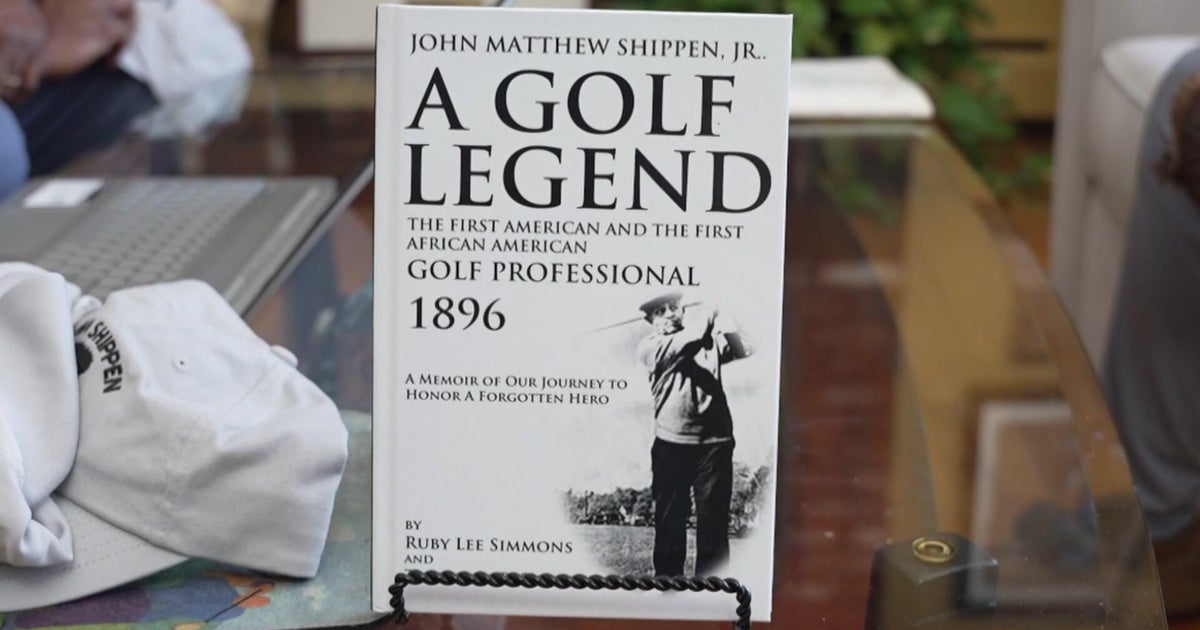Consumers ditch companies that don't stand for more than products
Controversial at the time, Nike's decision to link its brand to former National Football League star Colin Kaepernick seems like a brilliant marketing move in retrospect. New research helps shed light on why.
Most consumers prefer to hand over their hard-earned dollars to companies they view as good corporate citizens, according to a survey released Wednesday by Accenture of nearly 30,000 consumers, including more than 2,000 Americans.
From Chick-fil-A's LGBTQ stance that got it barred from at least one college campus to Dick's Sporting Goods' decision to stop selling assault weapons after the Parkland, Florida, high school massacre, companies are stepping into the fray, intentionally or not.
Sharing values
And that may not be so bad, the Accenture survey found. Nearly two-thirds of consumers, or 62 percent, want companies to take stands on social, cultural, environmental and political issues, the consulting company reports, and three-quarters want to know more about how companies source their products and treat their workers.
Case in point, Amazon's October decision to pay workers a minimum of $15 an hour followed months of political pressure led by Senator Bernie Sanders. The Independent of Vermont had targeted the online retail giant for paying wages that he said left its employees relying on public assistance for food and shelter.
Nearly two-thirds of respondents said they try to frequent companies they view as sharing their values and beliefs, and 65 percent described their purchases as influenced by the words and actions of top executives, Accenture found. The results bear out in the recent drama at Papa John's, the pizza chain that saw its sales take a big hit in a fallout with its founder.
Power of one
Two-thirds of those surveyed believe individual acts like boycotting a company or speaking out on social media could change corporate behavior, and nearly half stopped doing business with a company due to disappointment over its actions.
Younger Americans, 18 to 29, were more optimistic in their belief that individuals can make a difference, with 74 percent of Gen Z and millennials holding the view that boycotts and other actions could change how companies behave, Accenture found. Among baby boomers, 59 percent held that belief.
"Consumers' voices can change the financial trajectory of companies," Kevin Quiring, managing director at Accenture Strategy, said in a news release.
Shareholders have sway
Witness SeaWorld. The theme park operator and its former CEO in September agreed to pay more than $5 million for misleading investors about damage to its business from "Blackfish," a 2013 documentary that accused the company of mistreating its killer whales. Attendance at SeaWorld properties slid in in the film's wake.
This week's decision by Shell to tie executive pay to short-term reductions in carbon emissions is another example of the potential sway of shareholders: Some of the oil producer's biggest investors co-signed the company's announcement of the new compensation policy.
Corporate America's civic-mindedness was also in display as dozens of companies encouraged voter registration among employees and customers ahead of the November midterms, which drew a higher-than-usual turnout.



